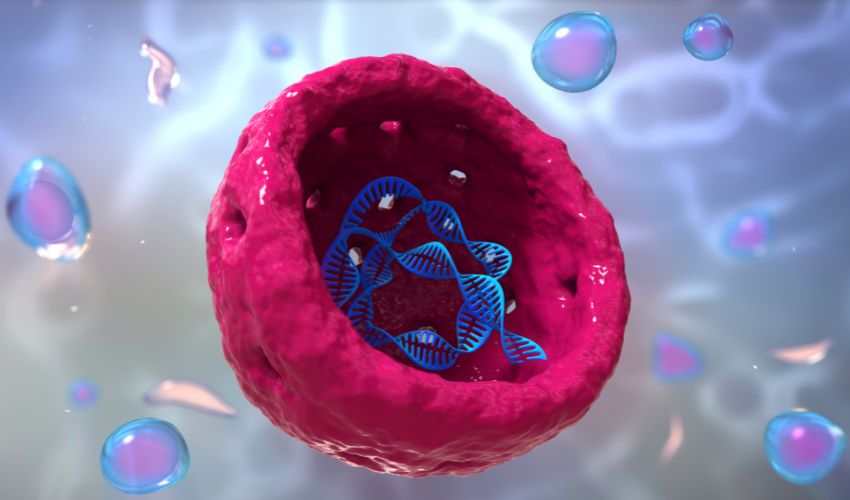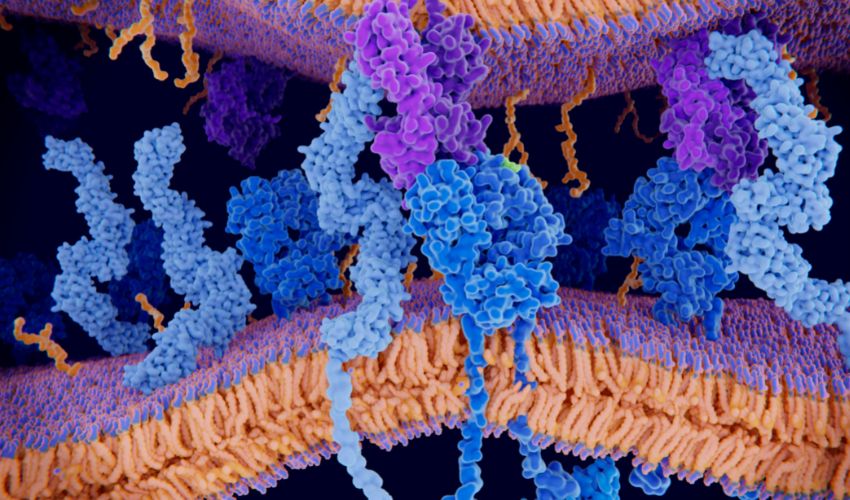Cell differentiation is a complex process that occurs during embryonic development and continues throughout life. It is the process by which unspecialized cells develop into specialized cells with specific functions. This process is crucial for the development and maintenance of multicellular organisms, as it determines the fate of cells and their ultimate function in the body.
There are different types of cells in the human body, each with its unique function. Stem cells, for example, are undifferentiated cells that can develop into many different types of cells. Muscle cells are specialized cells that generate force and movement, while nerve cells are responsible for transmitting signals between the brain and the body. Blood cells are essential for transporting oxygen and nutrients throughout the body, while skin cells form the protective outer layer of our body.

The mechanisms of cell differentiation are complex and involve several different processes. Gene expression is one such mechanism that regulates the expression of genes to determine the fate of cells. Cell signaling pathways are another mechanism that involves the transmission of signals between cells to control cell differentiation. Epigenetic modifications, such as DNA methylation and histone modification, can also influence cell differentiation. Cell-to-cell interactions and hormonal regulation also play a role in regulating cell differentiation.
Various factors can influence cell differentiation, such as environmental factors, age, disease, nutrition, and exercise. For example, exposure to toxins or radiation can disrupt cell differentiation and lead to abnormal cell growth. Age-related changes can also affect cell differentiation, leading to a decline in the regenerative capacity of tissues. Nutritional deficiencies or imbalances can also affect cell differentiation and lead to various health problems.
Cell differentiation plays a significant role in tissue regeneration, cancer development, organ development, and the aging process. In tissue regeneration, cell differentiation is essential for repairing damaged or injured tissues. In cancer development, abnormal cell differentiation can lead to the uncontrolled growth and spread of cancer cells. In organ development, cell differentiation is essential for the formation and maintenance of organs such as the heart, liver, and lungs. In the aging process, changes in cell differentiation can lead to the decline in tissue function and the development of age-related diseases.
In conclusion, cell differentiation is a fundamental process that plays a crucial role in the development and maintenance of multicellular organisms. Understanding the mechanisms of cell differentiation and its significance in the human body can provide insights into the development of new therapies and treatments for various diseases and conditions. As we continue to unravel the mysteries of cell differentiation, we can gain a deeper understanding of the mechanisms that govern the development and maintenance of our bodies.
FAQs:
What is the importance of cell differentiation in our body?
Cell differentiation is crucial for the development and maintenance of multicellular organisms. It determines the fate of cells and their ultimate function in the body.

What are the types of cells in the human body?
There are various types of cells in the human body, including stem cells, muscle cells, nerve cells, blood cells, and skin cells.
What are the mechanisms of cell differentiation?
The mechanisms of cell differentiation involve gene expression, cell signaling pathways, epigenetic modifications, cell-to-cell interactions, and hormonal regulation.
What factors can influence cell differentiation?
Various factors, such as environmental factors, age, disease, nutrition, and exercise, can influence cell differentiation.
What are the significant roles of cell differentiation in the human body?
Cell differentiation plays a significant role in tissue regeneration, cancer development, organ development, and the aging process.
Conclusion:
Cell differentiation is a fundamental process that occurs during embryonic development and continues throughout life. It determines the fate of cells and their ultimate function in the body, and plays a significant role in tissue regeneration, cancer development, organ development, and the aging process. The mechanisms of cell differentiation are complex and involve gene expression, cell signaling pathways, epigenetic modifications, cell-to-cell interactions, and hormonal regulation. Various factors, such as environmental factors, age, disease, nutrition, and exercise, can influence cell differentiation. Understanding the mechanisms of cell differentiation and its significance in the human body can provide insights into the development of new therapies and treatments for various diseases and conditions. Further research in this field can shed light on the complexities of cell differentiation and its role in maintaining the proper functioning of the human body. As we continue to unravel the mysteries of cell differentiation, we can gain a deeper understanding of the mechanisms that govern the development and maintenance of multicellular organisms, including our own bodies.






















